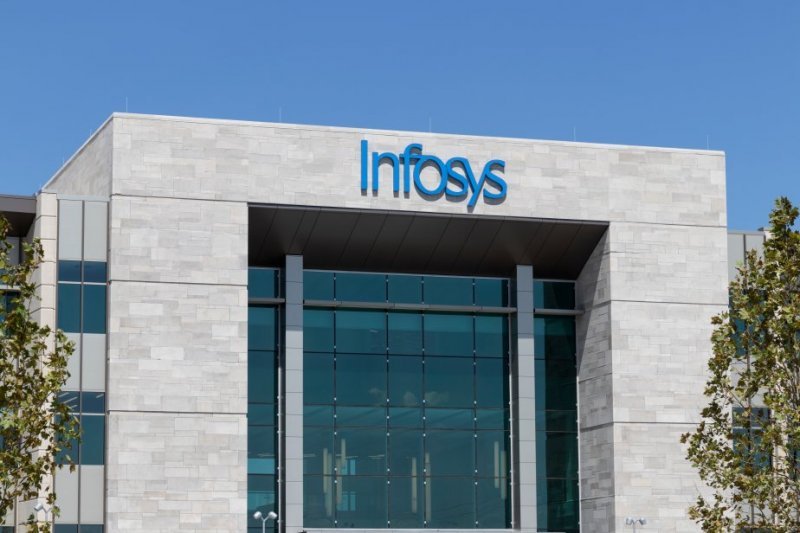Google reportedly cuts over 200 AI contractors amid unionisation concerns
Google has allegedly laid off more than 200 contract workers engaged in its artificial intelligence projects, including the development of Gemini and AI Overviews, according to a report by WIRED. The layoffs, carried out in at least two phases last month, came with minimal or no notice, leaving many workers abruptly locked out of their roles. “I was just cut off,” said Andrew Lauzon, a contractor who received an email on August 15 notifying him that his contract had ended. Lauzon, employed by Hitachi-owned GlobalLogic since March 2024, had been involved in training Google’s Gemini chatbot and related AI tools. He said he was told the termination was due to a “ramp-down on the project,” but questioned the security of such precarious employment. Many of the affected contractors, some holding advanced degrees like master’s and PhDs, were part of a group known as “super raters” — workers tasked with reviewing and refining AI responses to make them more accurate and natural. Contractors stressed the importance of their work in shaping Google’s AI products, including the AI Overviews feature that provides summarized search results. “We play an incredibly vital role,” said one rater, noting that engineers rely on their feedback to fine-tune the systems. Google, however, has distanced itself from the job cuts, clarifying that the affected individuals were employees of GlobalLogic or its subcontractors, not Alphabet. “As the employers, GlobalLogic and their subcontractors are responsible for the employment and working conditions of their employees,” Google spokesperson Courtenay Mencini said. The development comes at a time when Google is doubling down on AI investments to compete with rivals such as OpenAI and Microsoft, raising questions about job security in the rapidly evolving AI industry. Source: IANS
Google reportedly cuts over 200 AI contractors amid unionisation concerns Read More »










